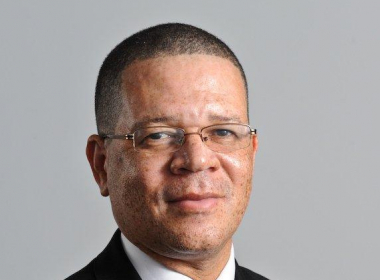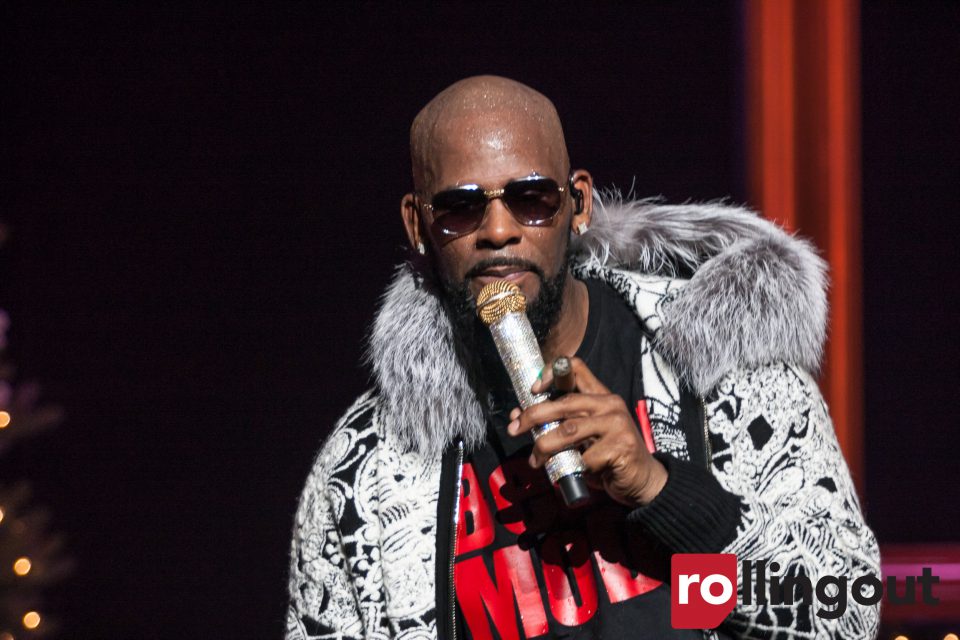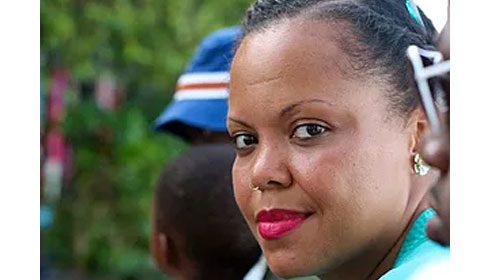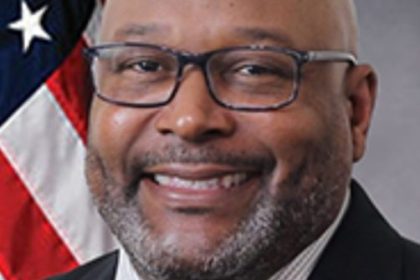 Fulton County, Ga. Commissioner Dr. John Eaves sounded like a professor from Morehouse College — his alma mater — when he broke down the vast cost of not educating our children, most particularly young black men, who drop out of school in inordinate numbers relative to their white counterparts and then get inextricably intertwined within the penal and justice systems.
Fulton County, Ga. Commissioner Dr. John Eaves sounded like a professor from Morehouse College — his alma mater — when he broke down the vast cost of not educating our children, most particularly young black men, who drop out of school in inordinate numbers relative to their white counterparts and then get inextricably intertwined within the penal and justice systems.
“I’m not sure we’ve [Atlanta] done a quantitative analysis of the cost to our community for a child who does not become a productive citizen, of someone who does not go to college and gets a job and pay taxes back into the community,” Eaves pondered aloud. “When you think about how the corporate community, the private sector makes determination of it will invest in the prison industrial complex based upon third grade reading scores.”
Eaves wants people to understand that, as the rest of us busy ourselves with our lives, blissfully oblivious of the rancor whirling around us in terms of youthful crime, discontent and dropouts, there is a cost that comes back to us.
“Going back to the prison stats, people don’t realize this, but Fulton County has a $600 million budget, and approximately $100 million of that goes to support the jail. And it costs about $26,000 a year for a person to be incarcerated. So that high school dropout who ends up in the justice system, he costs taxpayers $26,000 a year,” Eaves began.
“My son, who is a freshman at Morehouse, we are paying $40,000 a year for a great education. But the cost of going to jail or prison is almost as much as going to an institution of higher learning.”
Chairman Eaves ultra-qualified to speak on the subject of education. He is a 1984 graduate of Morehouse College, on whose football team he was a four-year letterman and a senior year captain. He earned a master’s degree in religion from Yale University, and obtained his Ph.D. in educational administration from the University of South Carolina.
Eaves is an international specialist who has visited and met with citizens of more than 50 nations around the globe. He received the American Marshall Plan Memorial Fellowship-German Marshall Fund and two Fulbright scholarships. He is also a former national director of the NCAA Volunteer for Youth Program, an administrator at Post College in Connecticut and at Davison College in North Carolina. Before entering politics, Eaves’ career took him through the halls of academia and to a post as the southeast regional director of the Peace Corps for seven years, where he helped bring educational and health care assistance to the people of South Africa, Sierra Leone, Paraguay, Jamaica, Haiti, and the Dominican Republic.
Therefore, when Eaves discusses the cost-benefit analysis of greater investments and priority in early childhood education, people are apt to listen to this worldly man, as they should, because the social and monetary cost of one child dropping out is vast. But think about the hundreds of thousands of black students and young adult blacks who are incarcerated and effectively shut out of the work force.
“So there is a great cost [of not being a productive citizen)] But there is also an associated cost. When that person gets out of jail, that person can’t get a job because he has a record. There is a cost of how social services have to support him. That person is absent from the household, so there is an associated cost with that,” he said.
“As you can see, in addition to the direct cost [$26,000 a year], there are an assortment of indirect costs with folks who get caught up in the criminal justice system.”
Eaves saays greater prioritization on early education, after-school programs for underprivileged and disenfranchised youth, as well as partnerships with the corporate community in Atlanta — which boasts one of the wealthiest concentrations of Fortune 500 and Fortune 1000 companies in the country — would go very far in combating illiteracy, drop-out rates and the criminalization of our youth.









